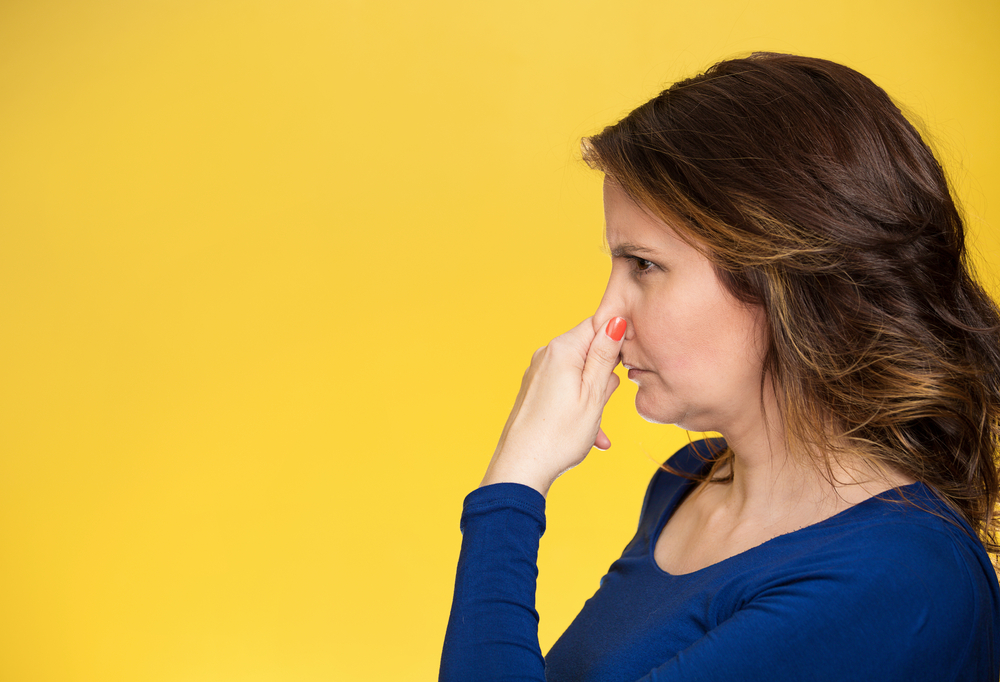The Link Between Bleeding Gums and Your Oral Health- Hillview Dentistry Ventura
Discover the connection between bleeding gums and your overall oral health and learn how to prevent and treat this common issue.
Understanding the Causes of Bleeding Gums
Bleeding gums can be caused by various factors, including poor oral hygiene, gum disease, hormonal changes, and certain medications. Poor oral hygiene, such as inadequate brushing and flossing, can lead to the buildup of plaque and bacteria along the gumline. This can irritate the gums and cause them to bleed. Gum disease, also known as periodontal disease, is a more serious condition that occurs when the gums become infected and inflamed. Hormonal changes, such as those experienced during pregnancy or menopause, can also contribute to bleeding gums. Additionally, certain medications, such as blood thinners, can increase the risk of gum bleeding.
It's important to understand the causes of bleeding gums in order to effectively prevent and treat the issue. By addressing the underlying cause, individuals can improve their oral health and reduce the risk of complications.
The Impact of Bleeding Gums on Oral Health
Bleeding gums should not be taken lightly, as they can have a significant impact on overall oral health. When gums bleed, it is often a sign of gum disease or inflammation. If left untreated, gum disease can progress and lead to more serious problems, such as tooth loss and bone damage. In addition to the oral health consequences, bleeding gums can also impact a person's quality of life. The discomfort and pain associated with bleeding gums can make it difficult to eat, speak, and perform daily activities. Furthermore, bleeding gums can affect a person's confidence and self-esteem, as they may feel embarrassed or self-conscious about their oral health.
By addressing bleeding gums promptly, individuals can protect their oral health and improve their overall well-being.
Preventing Bleeding Gums: Tips and Techniques
Preventing bleeding gums starts with maintaining good oral hygiene practices. This includes brushing your teeth at least twice a day with a soft-bristled toothbrush and fluoride toothpaste. Be sure to brush along the gumline and gently massage the gums to improve circulation. Flossing daily is also crucial for removing plaque and debris from between the teeth and along the gumline. Additionally, using an antimicrobial mouthwash can help reduce bacteria in the mouth and promote gum health.
In addition to oral hygiene, it's important to eat a balanced diet that is rich in vitamins and minerals. Avoiding sugary foods and drinks can also help prevent gum disease and reduce the risk of bleeding gums. Regular dental check-ups and cleanings are essential for detecting and addressing any early signs of gum disease or inflammation.
By following these preventive measures, individuals can significantly reduce the risk of bleeding gums and maintain optimal oral health.
Treating Bleeding Gums: Effective Remedies and Solutions
Treating bleeding gums depends on the underlying cause. For mild cases of gum inflammation, improving oral hygiene practices may be sufficient. This includes brushing and flossing properly and using an antimicrobial mouthwash. Gently massaging the gums with a warm saltwater rinse can also help reduce inflammation and promote healing.
If gum disease is present, a dentist or periodontist may recommend professional treatments, such as deep cleaning (scaling and root planing), antibiotic therapy, or gum surgery. These procedures aim to remove plaque and tartar buildup, reduce infection, and restore gum health.
It's important to consult with our professionals here at Hillview Dental for an accurate diagnosis and appropriate treatment plan tailored to individual needs.
When to booking your appointment at Hillview dental to help Bleeding Gums
While mild occasional gum bleeding can sometimes be managed at home, there are certain situations where it is important to call us . These include:
- Persistent or excessive bleeding that does not improve with improved oral hygiene
- Bleeding gums accompanied by severe pain or swelling
- Bleeding gums that occur spontaneously or without any apparent cause
- Bleeding gums that persist for more than two weeks
If any of these situations arise, it is recommended to schedule an appointment with our dentist or periodontist. They can evaluate the condition, identify the underlying cause, and provide appropriate treatment to resolve the issue.


